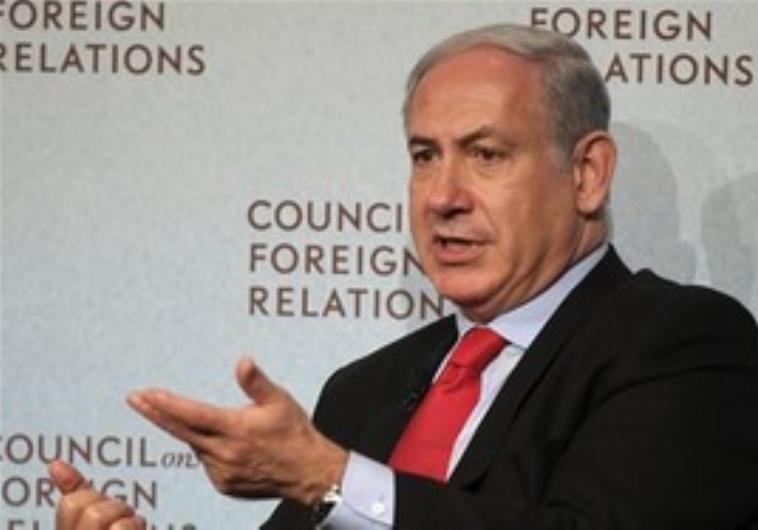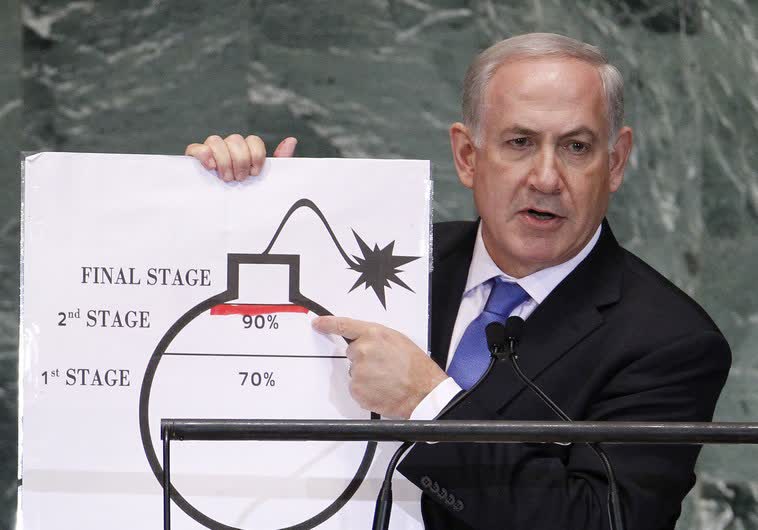Gershon Baskin believes that the number one economic issue is the need to make peace with our neighbors and that we must address this because if we don’t, we will continue to see more and more Israelis fall under the poverty line.
Every year around this time the debate on poverty in Israel begins. First there is the Sderot conference which brings out the politicians, a good part of them directly responsible for Israel’s economy and its failings.
Then the reports come out from the National Insurance Institute documenting the official poverty statistics and the alternative poverty reports. It doesn’t matter which report is reported, the figures are always shocking. Israel, the “start-up nation,” is also a nation where one-fifth of the population (at best) is living under the poverty line.
The reports are followed by a week of emotional radio and television programs painting vivid pictures of the real poverty in Israel and telling tear-jerking stories of children going to bed hungry. Then come the politicians, who talk about all of their wonderful achievements and how much better off the country is because of them and their policies and how much worse things would be if they weren’t ruling the country. They bring with them very impressive macro-economic statistics backed by economists, businessmen and tycoons who prove how well off we are. Then come the opposition politicians, who tell us the dimensions of the failures of the ruling parties and the prime minister. None of these politicians offer any real policy advice on how they would actually do it differently and better, but are very good with rhetoric and even better at making empty promises. And while all this goes on, nothing changes. Oh, sorry, it does change – it gets worse, for the over 2,400,000 Israelis, including over 1,000,000 children, living in poverty. And life goes on.
There are many distorted aspects of Israel’s economy.
Israel’s membership in OECD helps create a database of comparison with other economically advanced countries that Israel sees itself rightfully belonging in the group of. The gaps between rich and poor in Israel are blinding and intolerable. The lack of safety nets that once existed here, the outsourcing of labor to contractors which deny the workers their full rights, the privatization of public services, including education, health and welfare, and the high cost of living, especially food, housing and transportation, make life difficult for the overwhelming majority of us. Wages are frozen and the purchasing value of the shekel is constantly decreasing.
Israel’s problem is not high unemployment, such as exists in most of our neighboring countries and in Europe. Here unemployment is low, and still too many working people cannot make it to the end of the month.
Most Israelis are in constant overdraft. And then there are the high levels of the “non-employed” who, as opposed to the unemployed, do not seek employment – high numbers of Arab women and haredi (ultra-Orthodox) men.
And life goes on.
The public outcry that brought hundreds of thousands to the streets in the summer of 2011 did little to change reality. Some of the public discourse changed. More public awareness was created during that summer of discontent and hope, but with the exception of some small things on the margins (the price of cottage cheese has remained relatively low, for example), in general, our lot as citizens has worsened every year since then.
The summer of great hope is long gone and instead of bringing change, those days of marching are now days of hopelessness, especially for those under the poverty line. But that loss of hope has not turned into rage, which is the catalyst apparently absent and necessary to bring about real change.
The public is not apathetic; I believe it cares deeply but has absolutely no sense of efficacy. You don’t demonstrate for something you don’t believe is possible to change.
That is the bottom line. But the real problem of Israel’s economy is not mainly the distortions pointed to above.
Those must be repaired, but even if they were it would not make the really significant impact that is necessary and possible. The real problem lies elsewhere.
Israel’s lack of peace with its neighbors is where the real problem lies. Israel will always need to spend a disproportionate amount of its budget on defense. This is a given.
Israel must be strong and Israel’s military must maintain its qualitative advantage – which is very costly, but absolutely necessary, even during peacetime. I would even say that to make peace Israel must have that qualitative defensive edge. But peace would change Israel’s entire economic scope. Direct foreign investment is where the main push will come from peace. We saw that in the immediate aftermath of Oslo, and that wasn’t even peace. Israel is an attractive place to invest, but equity and debt is very cautious and when there are risks, especially war-related risks, capital flies away in search of safer shores.
Direct foreign investment in Israel’s economy has seen the hi-tech sector boom, but over the past years that is reducing and investments are going elsewhere. Tourism has huge potential – Israel gets less than four million tourist a year. That is pitiful given the religious significance of this land alone. The potential tourism, not from the Jewish world (even though a majority of American Jews have never visited Israel) but from the Christian and Muslim worlds would change the scope of investment in infrastructure in Israel far beyond anything we have ever seen. That includes the obvious such as hotel and restaurants, but also include public transportation, energy investments, tourist sites and all of the spillover from money that would be spent here on culture, products and the creation of jobs.
This is the issue no one talks about. It is easier to talk about privatization and diminishing public services, tycoons, banks that make too much from all of us, the embezzlement of natural resources by private companies that belong to the public – all of these are real and need to be addressed. But the number one economic issue is the need to make peace with our neighbors. Except no one has any real intention of doing that, so why even talk about it? Right? Wrong! We must address this because if we don’t, we will continue to see more and more Israelis fall under the poverty line, and will continue to hear the empty words of prime ministers who promise to overcome poverty in three years.


